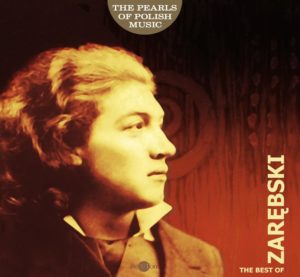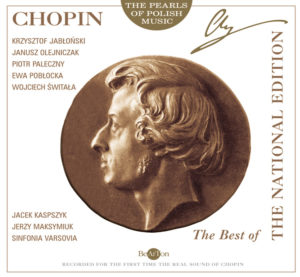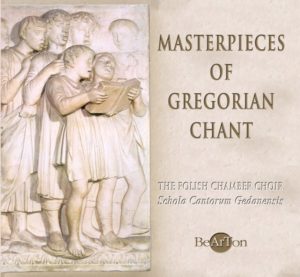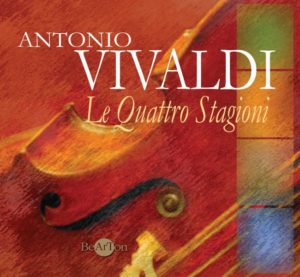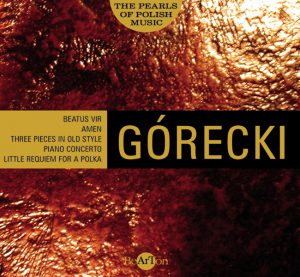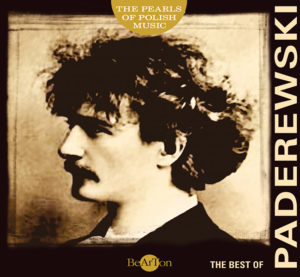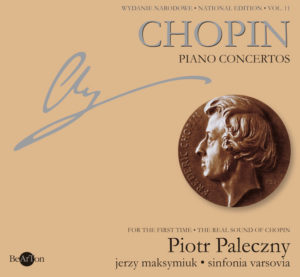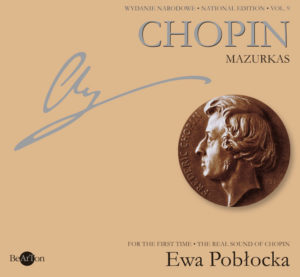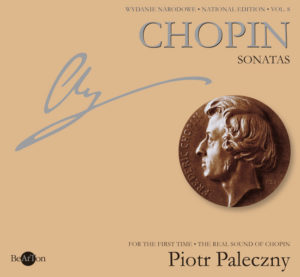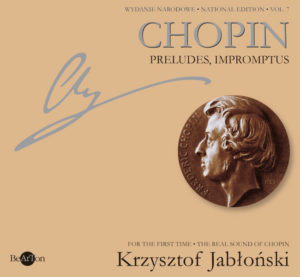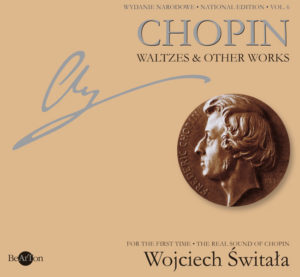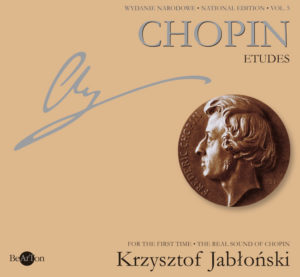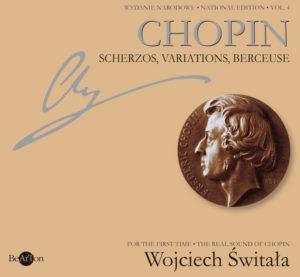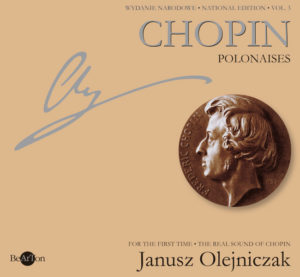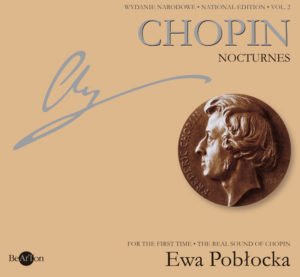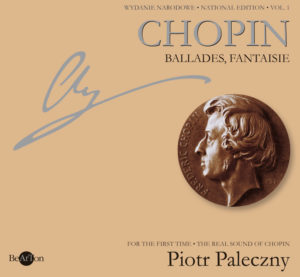Chopin – Ballades, Fantaisie
Cat. no. CDB001 – 1944301
Music disc: CD-AUDIO
Performers:
Piotr Paleczny – piano
CD content:
- Ballade in G minor op. 23 – 9’17”
- Ballade in F major op. 38 – 7’32”
- Ballade in A flat major op. 47 – 9’49”
- Ballade in F minor op. 52 – 11’35”
- Fantaisie in F minor op. 49 – 12’57”
Total time – 49’28”
Prizes:
Listen a part
42.99złAdd to basket
© ℗ 1995 Bearton
Ballades, Fantasia
Chopin wrote his Ballades continually throughout the whole mature creative period of his, which is proved by the numbers of Opuses: 23, 38, 47 and 52. According to Robert Schumann, who is supposed to have learnt it from Chopin himself, Mickiewicz’s ballades were probably a direct inspiration for the composer. This claim is confirmed by the fact that the first of the Ballades was called The Polish Ballade in the circle of Chopin’s friends. Probably Chopin looked back to the history of the ballade as a genre, as all four Ballades contain elements of dance (6/4 and 6/8 meter is favoured here). In the language of Provance (Provance was the place where the artistic phenomenon called ballade originated) ballar meant to dance and the ballade then compriseddance, poetry and music.
Chopin’s Ballades do not have a definite form, though some elements of well-known forms are be found in them (elements of sonata in Ballade in G minor, alternative form of lyric and dramatic contrasts in Ballade in F major, elements of rondo and variation in Ballade in A flat major, as well as elements of variation in Ballade in F minor). None of the Ballades is similar in form to any another, and all are characterised by unusual formal consequence. Narrative character is a characteristic for all Ballades

Piotr Paleczny – photo Cezary Wieroński
Fantasia Op. 49, one of Chopin’s greatest masterpieces, shares certain features with Ballades, but also differs in certain aspects. Among similarities we may distinguish unusual consequence of form, although the piece is hardly ascribable to a definite genre, as well as a great coherence of the composition as a whole. Differences include the binary meter (as oppose to the triple one in Ballades), especially emphasised in the introductory Marcia. We cannot exclude – at least here – some outer inspiration, though the origins of the first name of Fantasia, The Greek March, quoted by the first listeners, still remains a mystery. Commenting upon the Fantasia, Chopin expressed one of the most intimate confessions referringliving to hid own work and the sense of living; Today I finished Fantasia – and the sky is beautiful; I feel sorrow in my heart, it doesn’t matter, though. Were it different, no one would gain from my existence.
Jan Ekier
Translation: Joanna Janecka
Review
Piotr Paleczny wykonał bardzo dobrze Ballady i Fantazję. Wszystko tu jest perfekcyjne od wydobycia sensu tematów po wyinterpretowanie najdrobniejszych szczegółów utworów.

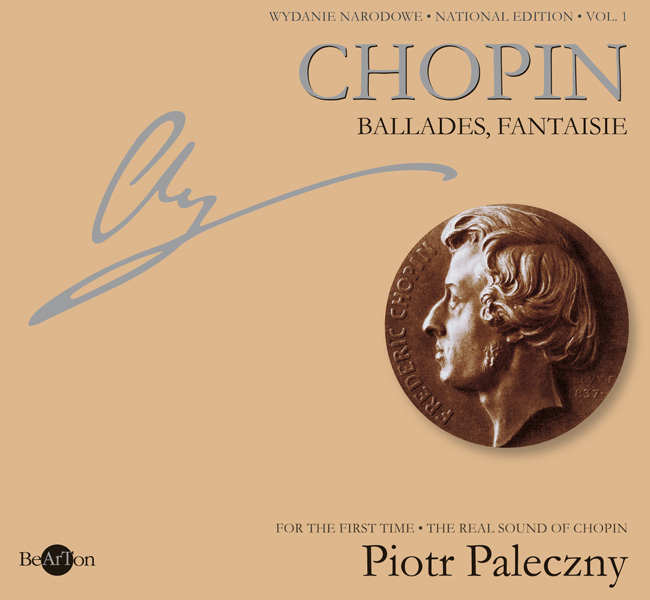


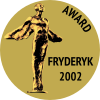


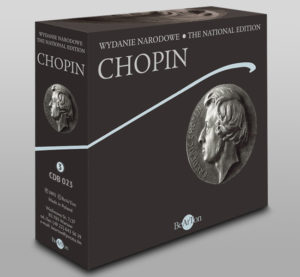
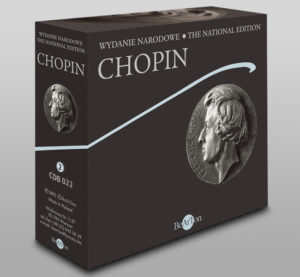
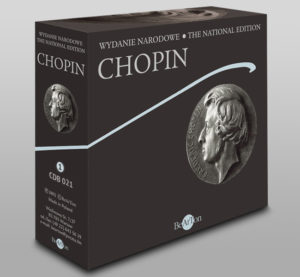
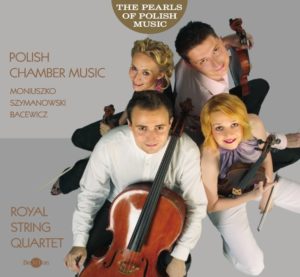


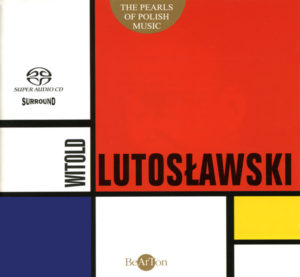
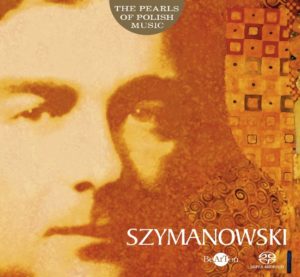
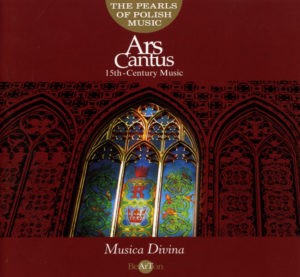
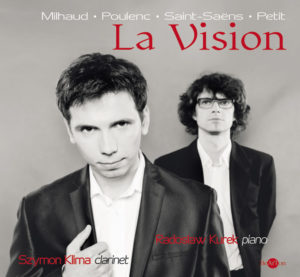
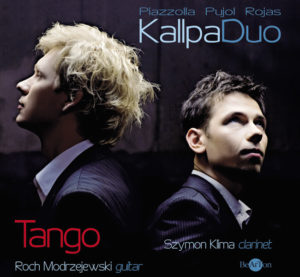
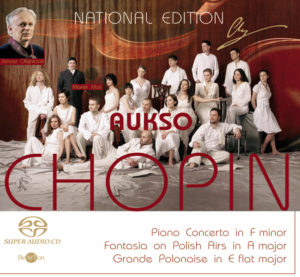
![Chopin – Walce [B] i inne utwory CDB047](https://www.bearton.pl/wp-content/uploads/Chopin-Walce-B-i-inne-utwory-CDB047-A-300x277.jpg)
![Chopin – Pieśni [B] CDB046](https://www.bearton.pl/wp-content/uploads/Chopin-Piesni-CDB046-A-300x277.jpg)
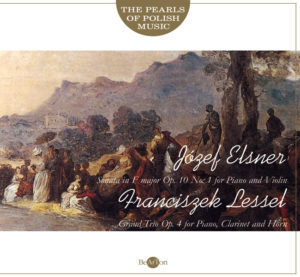

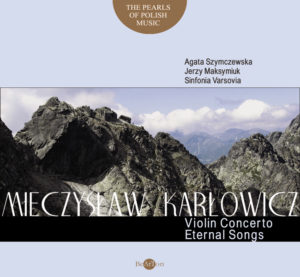
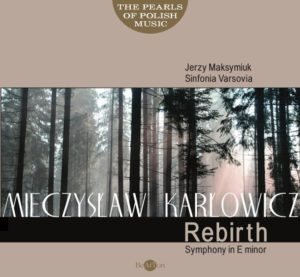

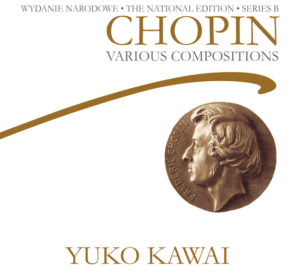

![Chopin - Mazurki i inne utwory [B] CDB038](https://www.bearton.pl/wp-content/uploads/Chopin-Mazurki-i-inne-utwory-B-CDB038-A-300x277.jpg)
![Chopin – Polonezy [B] CDB037](https://www.bearton.pl/wp-content/uploads/Chopin-Polonezy-B-CDB037-A-300x277.jpg)
